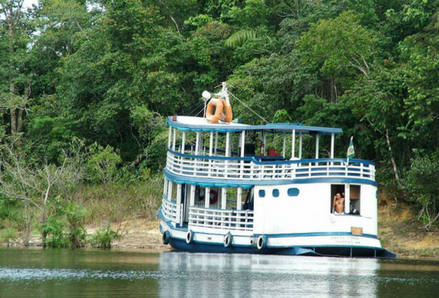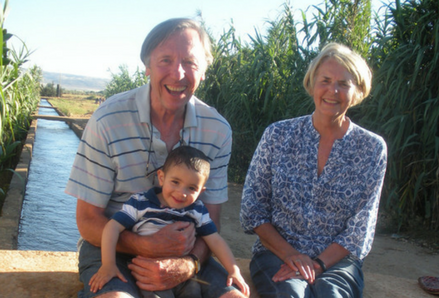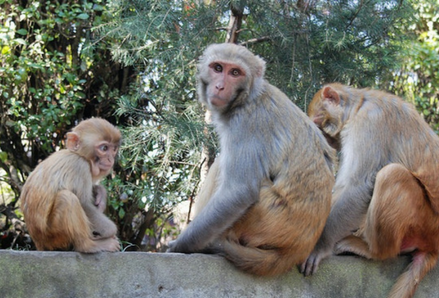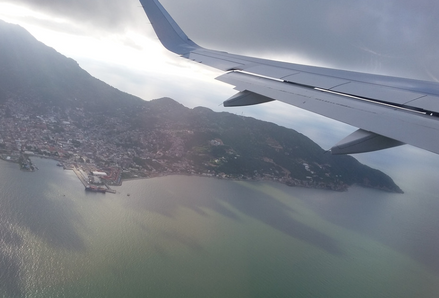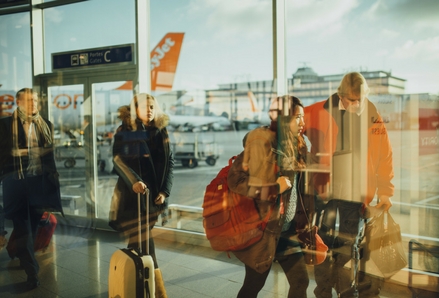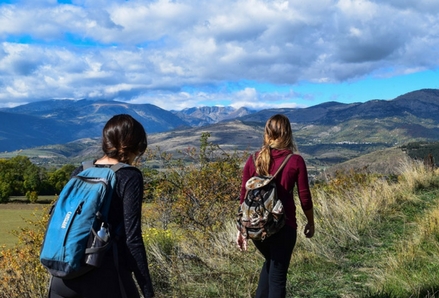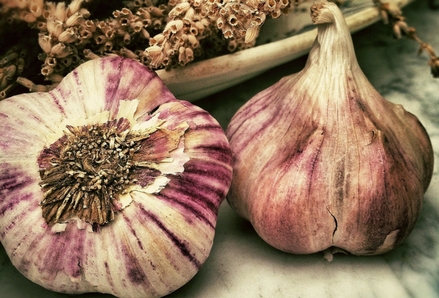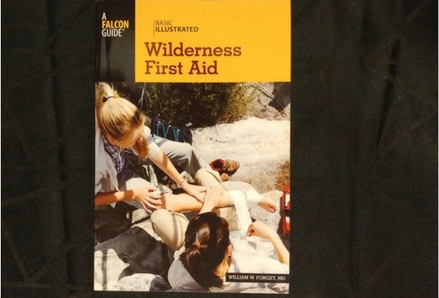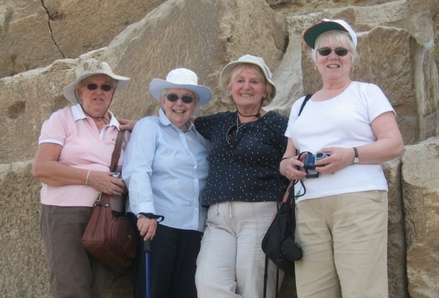River cruising in the rainforest The Amazon basin is a vast region that spans 9 countries. Travellers visit the region for its incredible biodiversity and the chance to experience wildlife and the rainforest firsthand. There’s no doubt about the amazing flora and fauna in the Amazon, but the confined spaces of a cruise ship and infections transmitted by insects, animals, and microorganisms can be a risk to your health. Here’s how to stay well as you explore. Staying healthy in the Amazon Most Amazon cruises begin in the city of Manaus, Brazil or Iquitos, Peru. In the Amazon region, the extent of some diseases (such as Schistosomiasis and Chagas) remains unknown. Luckily, you don’t have to leave your health ...
